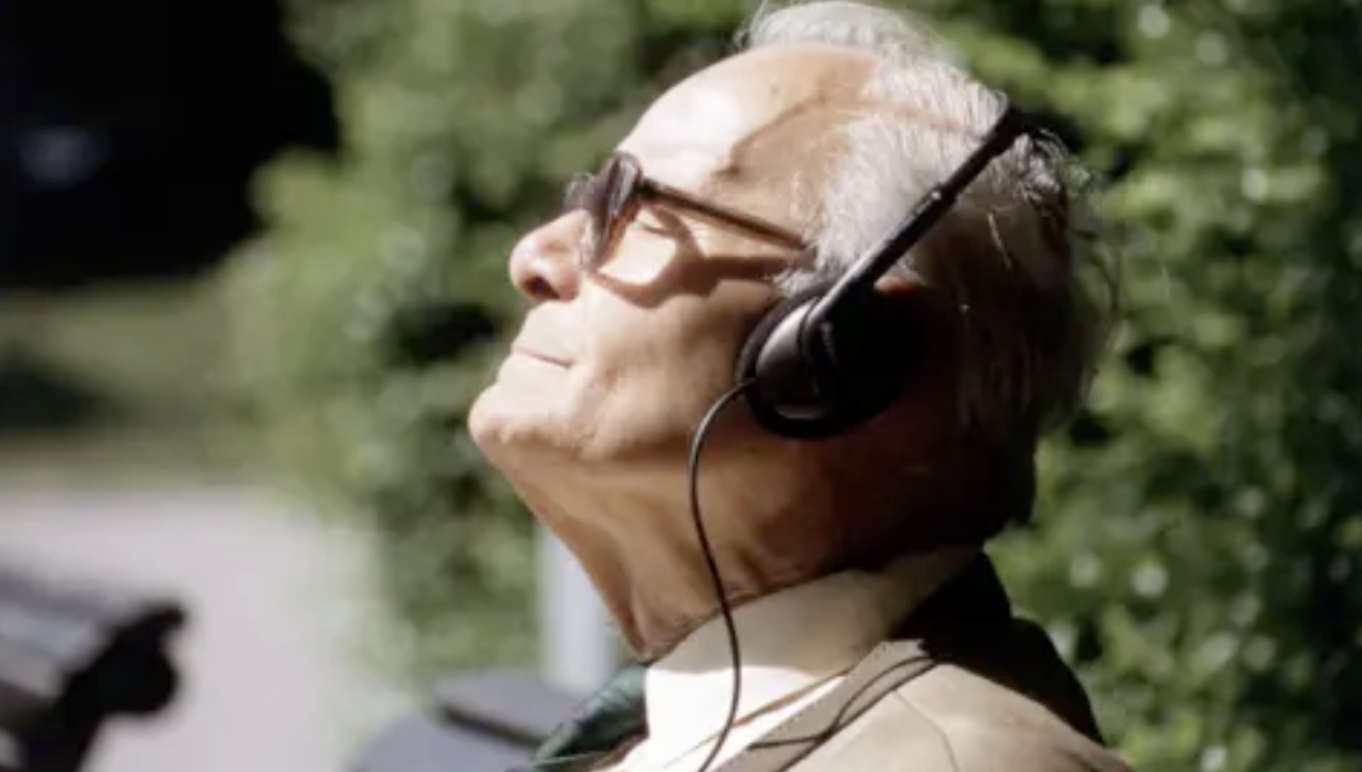This Week in Neuroscience and Psychedelics
How music and light help slow cognitive decline. Plus BridgeBio gets a stock bump.
This Week...
A new study published in the journal Alzheimer’s & Dementia found that daily 40Hz light and sound stimulation may help slow cognitive decline in people with late-onset Alzheimer’s disease.
After two years of light and sound treatment, study participants maintained stronger cognitive performance than typical Alzheimer’s patients and showed reduced levels of tau protein, a key disease biomarker.
While early-onset patients saw fewer benefits, researchers say the results highlight the potential for a safe, at-home intervention to delay Alzheimer’s progression. Check it out: https://alz-journals.onlinelibrary.wiley.com/doi/10.1002/alz.70792
BridgeBio’s stock got a nice bump after reporting topline results from the company’s Phase 3 clinical trial of BBP-418, which is designed to treat patients living with limb-girdle muscular dystrophy type 2I/R9. This is a rare genetic disorder caused by variants in the fukutin‑related protein gene.
People living with this disease experience progressive muscle degeneration and damage, and eventual loss of functional independence.
BridgeBio is now expected to engage the FDA later this year to discuss these data and plans for submission of a New Drug Application (NDA) for BBP-418 in the first half of 2026. Worth noting: BBP-418 has previously received Orphan Drug, Fast Track, and Rare Pediatric Disease Designations from the FDA and Orphan Drug Designation from the European Medicines Agency (EMA). Consistent with the Rare Pediatric Designation from the FDA, if BBP-418 is approved, BridgeBio may qualify for a Priority Review Voucher. Here’s more: https://investor.bridgebio.com/news/news-details/2025/BridgeBio-Reports-Positive-Phase-3-Results-for-Small-Molecule-BBP-418-in-LGMD2IR9-FORTIFY-Study/default.aspx
Scientists from the University of Kentucky announced that their latest research suggests psychedelic drugs may work by strengthening specific brain connections linked to memory and cognition.
According to their data, under psychedelic exposure, neurons in the claustrum – a region dense with psychedelic-sensitive receptors – can intensify their communication with the anterior cingulate cortex, which is a region involved in mood and psychiatric disorders.
These findings provide a potential explanation for why psychedelic experiences are often intensely memorable and may support lasting therapeutic effects. Here’s more: https://www.eneuro.org/content/early/2025/10/06/ENEURO.0047-25.2025
Did You Know?
Did you know that listening to music after 70 may cut dementia risk by nearly 40%?
According to a study published in the journal Geriatric Psychiatry, those over the age of 70 who regularly listen to or play music may lower their risk of dementia by between 35% and 39%.
Here’s what lead author Professor Joanne Ryan had to say about the results of the study…
“Evidence suggests that brain ageing is not just based on age and genetics but can be influenced by one’s own environmental and lifestyle choices. Our study suggests that lifestyle-based interventions, such as listening to and/or playing music can promote cognitive health.”
Check it out: https://onlinelibrary.wiley.com/doi/10.1002/gps.70163
